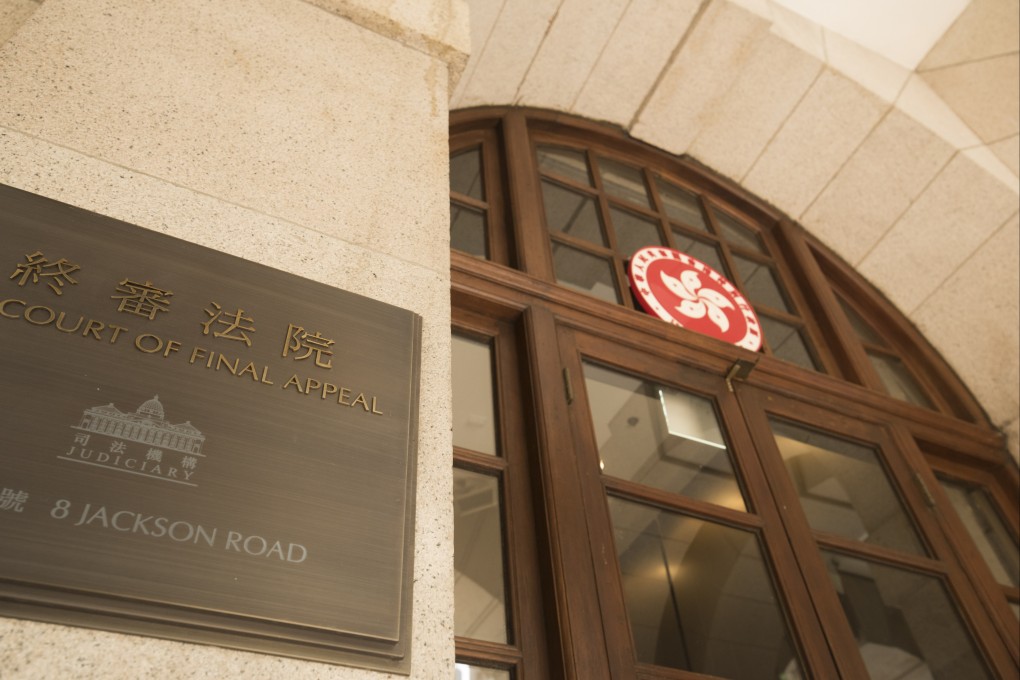Opinion | Allowing cameras in Hong Kong courts can create a more open and transparent judiciary
- Chief Justice Andrew Cheung’s proposal to introduce live broadcasting in some courts would go a long way to demystify proceedings
- It would also bring Hong Kong in line with other common law jurisdictions like the UK and New Zealand, where such arrangements have proved successful

When the UK’s Supreme Court was established in 2009, its proceedings were recorded from the outset. The submissions of the lawyers, their interactions with the judges, and the delivery of the judgments, can now be viewed online.
Although there were initially concerns over the impact of cameras in judicial proceedings, their introduction has been a great success. Cameras were subsequently introduced in the Court of Appeal in 2013.
As the UK Supreme Court’s first president, Lord Nicholas Phillips would have overseen the original project. Since Phillips is now a non-permanent judge of the Hong Kong Court of Final Appeal, he is ideally placed to advise the working group on implementation, and the avoidance of pitfalls.
As Cheung explained, there is a “strong case” for the live broadcasting of appeal hearings, especially at the Court of Final Appeal, although it is likely that, as in the UK, there will need to be limits on the televising of trials. After all, if juries are involved, or vulnerable witnesses are testifying, restrictions will be unavoidable, for privacy reasons. Some parts of the trial, however, such as the giving of the reasons for verdict or the sentencing of the offender, are not problematic.

